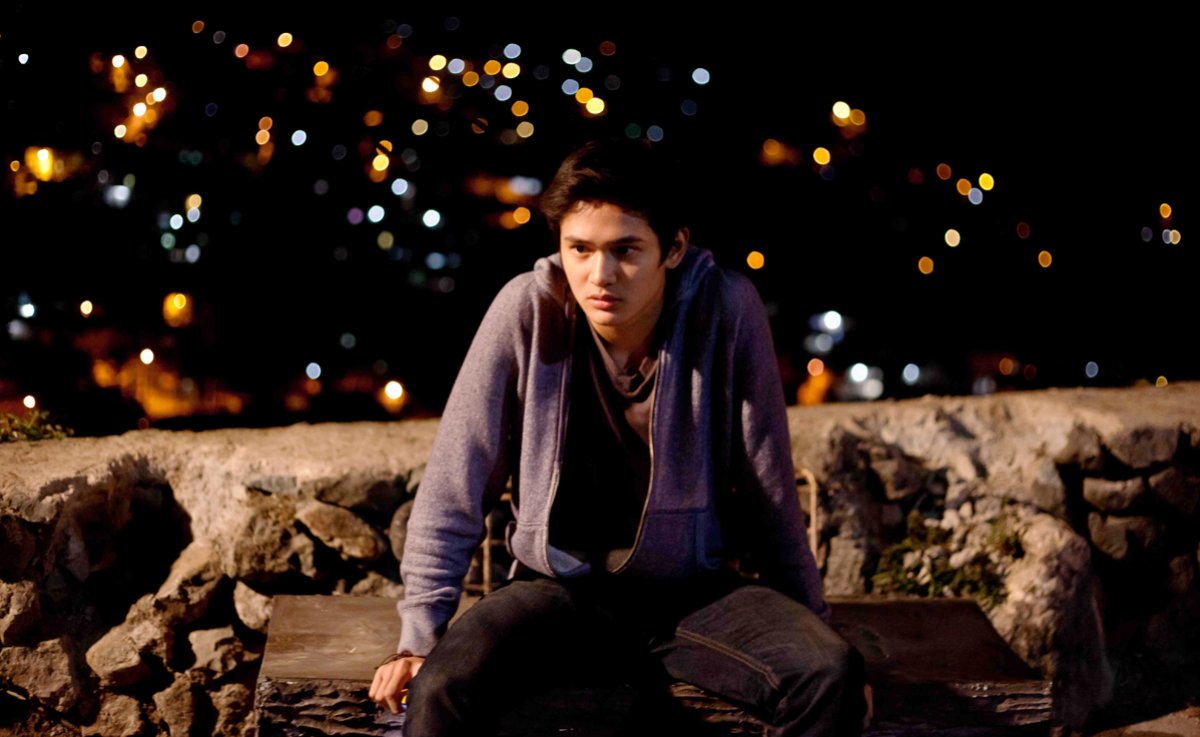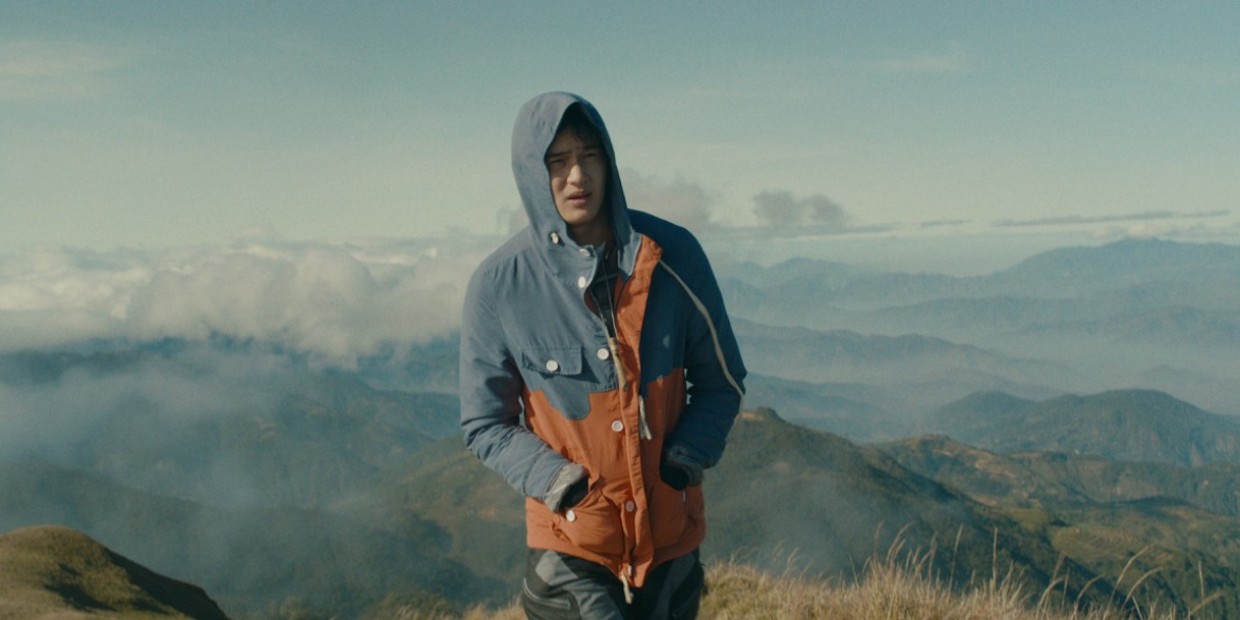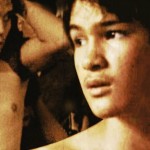By David Pountain
Directed by Pepe Diokno
At its heart, Pepe Diokno’s Above the Clouds is a single journey of thought expressed through a slow immersion into nature. Opening with the tragic death of the young Andy’s parents, this tender, contemplative picture from the Philippines gives physicality to a grieving process, gradually peeling away worldly distractions to approach a clarity of mind found beyond the noise of society and beyond the anguish of the immediate aftermath. If the film requires some patience, it’s because its most satisfying emotions come about from Diokno playing the long game with his ideas, building to a finale of serene revelation.
While Andy’s character arc is the film’s primary focus, the story also belongs in part to his estranged grandfather, who seems to harbour feelings of guilt and regret that mirror the conflicted state of his grandson. Shortly after losing his parents to a storm, Andy reluctantly leaves his home town and his girlfriend to go on a hiking trip with his grandfather through the mountains in the north of the Philippines. He is an emotionally shut-in teenager of few words, often seen with earphones on or engaged in texting. He clearly doesn’t know what to do with himself in his grandfather’s technologically simplistic home and seems even more out of his element once he’s been dragged into the wilderness, at one point losing their food in a failed attempt to swim across the river. He eventually comes to terms with his environment but, more to the point, he also comes to terms with the past and its continuity with the present. A scene where Andy looks at old photos of his parents – their colours distorted by time – is particularly poignant in highlighting this relation, suggesting his grandfather’s importance in shaping the people Andy loved.

The film’s most affecting third is almost certainly its final half hour. Much of the film is dominated by a generational conflict between Andy and his grandfather. These sections prove thematically relevant but it is likely for the better that tensions between the two leads ease up fairly early, so that the film can stay focused on the more engrossing conversation taking place between Andy and the natural landscape (a conversation which sometimes takes surprisingly literal form).  Enhanced by Carlo Mendoza’s richly expressive cinematography, the mountains and their changing climate are granted spiritual and historical weight in their responsiveness to Andy’s feelings. It’s in the film’s quieter moments where the beauty of these surroundings can really sink in – a notion which, in itself, aligns nicely with the unforced nature of Andy’s inner healing process. Sometimes closure is attained not by withdrawing into yourself – or even by talking it through – but by an organic process of time supported by an openness to the world around you.
Watch Above the Clouds on FilmDoo.com. (UK & Ireland only)









